Satish Shah
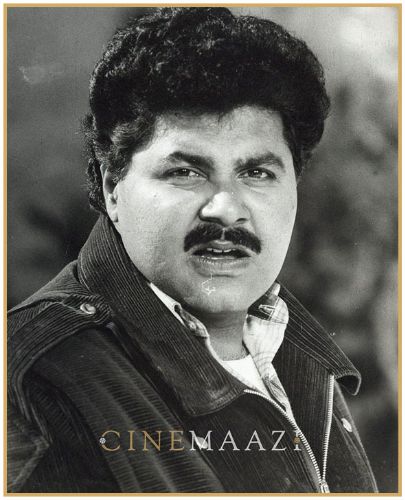
Subscribe to read full article
This section is for paid subscribers only. Our subscription is only $37/- for one full year.
You get unlimited access to all paid section and features on the website with this subscription.
Not ready for a full subscription?
You can access this article for $2 , and have it saved to your account for one year.
- Born: 25 June 1951 (Bombay)
- Died: 25 October 2025 (Mumbai)
- Primary Cinema: Hindi
- Spouse: Madhu Shah
Tall, jovial and remarkably agile, actor Satish Shah’s best gift is his ability to act instinctively. As he himself puts it, “I act before I think.” His admirable range and contribution are seen in Main Hoon Na (2004), Kal Ho Naa Ho (2003), Jaane Bhi Do Yaaro (1983), Yeh Jo Hai Zindagi (1984), Sarabhai vs Sarabhai (2004), Fanaa (2006) and Om Shanti Om (2007), among the 190-plus projects he has acted in. In his on-point assessment of Satish Shah in India Today, Sumit Mitra writes, “On one evening he appears as an old Parsee, complete with the black cap and the nasal twang. Another evening he is a fixer from the back alleys of Bombay, speaking with a roll of his eyes that is oddly coy. He is a romantic executive one week, and a confused advertisement copywriter in another. He is a Sindhi trader mad after things 'phoren'. He is also a comic gangland boss, a harassed magazine editor and a forgetful police officer. Though he switches every week on television screens from one personality to another and changes colour like a chameleon, he is always rib-tickling. He is Satish Shah… the reigning king of cameo performances on television and an acknowledged comic genius.” Mind you, no less a thespian than Naseeruddin Shah has said of him, “Satish is a master of improvisation. There are very few actors who can improvise so much and so quickly.” Filmmaker B R Chopra, who had a reputation for assessing talent, described him thus: “Satish Shah is a remarkable actor; he has a sparkling sense of the absurd.” Considered to be primarily a comedian, he has portrayed a range of character roles in his career throughout the 1980s, 1990s and 2000s. His unique sense of the bizarre and wide range has helped him smoothly sail through varied scripts and situations. He differs from the other comedians of the silver screen for his ability to contribute to the script, and invest his roles with an extra something which the screenplay writer possibly didn’t think of. Awards he has won include the Indian Television Academy award for Sarabhai vs Sarabhai, and the Indian Telly award for best actor in a comedy role for Sarabhai vs Sarabhai. In 2015, he was appointed as a member of the Film and Television Institute of India society.
He was born on 25 June 1951 in Bombay into a business family hailing from Mandvi, Gujarati. Fond of singing and dancing as a child, he remembers being “quite easy with my hands and legs.” His fascination with stage started at his Gandhian New Era School. Joining St Xavier's College, his love for theatre blossomed among students such as Shabana Azmi, who was in her final year at the time, Farouque Shaikh, and Amjad Khan who used to visit the college regularly to direct plays for inter-college and inter-group competitions.
On completing his BA, he got admission into FTII, where he was awarded a merit scholarship in the action course. His peers included Kundan Shah and Manjul Sinha, both of whom, together with a third associate Raman Kumar, would later direct the hit sitcom Yeh Jo Hai Zindagi.
The Kundan-Satish collaboration started early, when the former, a student in the direction course, cast Satish Shah in his 20-minute diploma film Bonga (1976). A tribute to Chaplin, it was loaded with slapstick, with Satish Shah playing the leader of a gang of soft-hearted criminals who can never shoot straight. The intriguing title comes from the term the gang members say to each other every time they feel happy – ‘Bonga’! The film is still preserved at the Institute.
Two years later, he featured in Toofani Takkar (1978), a Ram Rasila directorial which also featured Rekha Chauhan, Mohan Choti and Hercules. The same year, he drew attention in Arvind Desai Ki Ajeeb Dastaan (1978), a drama film directed by Saeed Akhtar Mirza. With a principal cast comprising Dilip Dhawan, Anjali Paigankar and Dr Shreeram Lagoo, the film revolved around Arvind Desai, the only son of a rich businessman, who deals in luxury handicraft products. His feelings for his father are mixed. While he hates his domineering nature, he admires his power and lack of scruples. Shah played a character named Mahesh in the film.
He went on to appear in minor roles in Gaman (1978), Albert Pinto Ko Gussa Kyon Ata Hai (1980), and Umrao Jaan (1981). In Kundan Shah’s rip-roaring situational comedy – Jaane Bhi Do Yaaro (1983), he essayed the role of municipal commissioner D’Mello. The plot revolved around two friends, attempting to start-up their own photo studio, who come across shady dealings, corruption and murder, and must fight to bring the guilty to light. D’Mello is upstaged by smarter building racketeers and gets killed. His corpse is dragged all over the place by the contractors, each trying to lay it at the door of another. Incidentally, Kundan Shah, who is credited with discovering Shah’s true grain as an actor, paid the most startling compliment to Satish Shah in the film when he said that “De Mellow was funny even as a corpse.”
His fame grew nation-wide with the 1984 sitcom Yeh Jo Hai Zindagi directed by Kundan Shah and Manjul Sinha. A sitcom about a couple, a brother-in-law, and the trouble they get into, he featured in the hit show alongside Rakesh Bedi, Swaroop Sampat and Shafi Inamdar. A trademark of the sitcom was the multiple characters played by Shah from episode 1 to episode 54. In each episode, Shah essayed a different character, who played a key role in the plot. He played 64 different roles in the serial, sometimes appearing as two or three different characters in the same episode. These characters would be from many professions and regions of India, with some being close family friends of the Vermas and others being total strangers. Shooting on gruelling schedules, he had to constantly improvise on the sets as his roles changed from episode to episode while the roles of the other members’ of the cast were fixed. His new gags every week created moments of side-splitting laughter. He was undoubtedly the centrepiece of the show which had a uniform rating of well over 80% in most parts of the country. Shah was acknowledged as the ‘King of Comedy’ during the period 1984-86 as a result of this feat.
In the realm of television, he would also win applause for his characterisation of Prakash in Filmy Chakkar in 1995, as well as 2004's popular television show Sarabhai vs Sarabhai in which he played Indravadhan Sarabhai. In both serials, he was paired opposite Ratna Pathak Shah. He also played the lead in Ghar Jamai (1997) for 80 episodes along with the serial All The Best with Swaroop Sampat for 109 episodes. He was also a judge of the Comedy Circus laughter contest.
Post-Yeh Jo Hai Zindagi, he bagged several roles in films and commanded among the best rates going for comedians and character actors. He also essayed a range of diverse characters onscreen. If he played a talkative milkman in Mohan Kumar's Rajesh Khanna-Smita Patil-starrer Amrit (1986), in Avaam, B R Chopra political-themed film, he played a nosy reporter who wouldn't mind selling secret documents for hard cash.
Shah, like most other cerebral Bombay actors of the time, was a 'method' actor. He followed the acting method propounded by Soviet theatre wizard Stanislavsky who popularised acting by getting under the skin of a character. However, where certain practising method actors would take months to research and absorb a character, Shah, by his own admission, is a "man in a hurry" and delivered stunning results within minimal time.
In an interview, Shah maintained, “My roles always have a degree of comic exaggeration which suits me fine,” adding that he has “a flair for stretching an element in a character, like you have the cartoonists who would always draw the nose too long or the jaws too thick-set.” Another inherent gift is his memory of funny words and odd accents that he had heard since his boyhood. These turns of speech and intonations have added to his repertoire immensely. Despite his girth, he is remarkably nimble, and exudes bounce and vivacity whether on set or in the dubbing studio. Off-stage, he is known for his irreverent and accurate mimicry, his sense of timing, his capacity to out-dance anybody on the floor, and his flair for sports.
Acting in several large and smaller productions over the years, he admitted in an interview in 2011, “Yes, I'm choosy with my work. After the success of Yeh Jo Hai Zindagi I had got many similar offers and I had to politely reject them all. I remember I had rejected around 150 such offers. Even Doordarshan had offered me huge amount for similar shows. Then I did Filmi Chakkar which was a countdown show with a comic story line. I started this trend in television. One would say then why I did All the Best. It was purely on emotional basis. I took it up after the death of Shafi Inamdar who I was close to. See, I do not want to work so badly that I don't get time for anything else. I do not want to live poorly and die rich.”
Speaking of roles he has enjoyed playing, he rates his character in Phir Bhi Dil Hai Hindustani highly. “It was a comic grey shade character which I had done for the first time. Before you ask me, let me tell you that I am satisfied with whatever I have done. I have never thought as to I want to do this or that kind of roles. How has been your journey so far? It has been a good journey. There have been a few lulls, but they were nothing major that I could not get over. I'm happy and satisfied with my life. Fortunately, I have always got to maintain a standard for myself in terms of the kind of character I would do and have never had to go asking for work.”
He has been married to Madhu Shah, a designer, since 1982.
He breathed his last on 25 October 2025 in Mumbai following renal ailment. He has 74.
-
Filmography (72)
SortRole
-
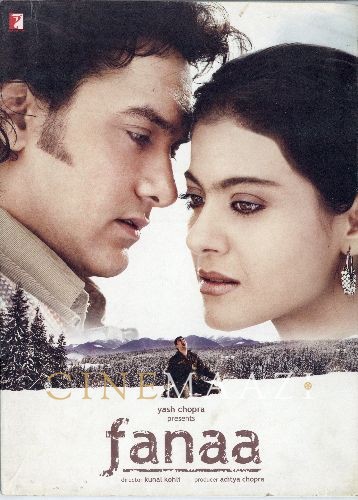
Fanaa 2006
-

Chori Chori 2003
-

Kal Ho Naa Ho 2003
-
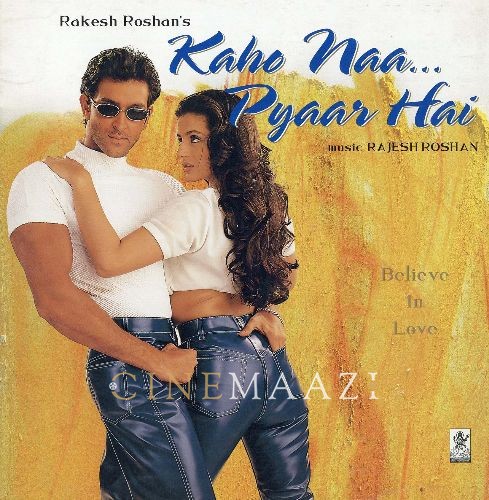
Kaho Naa…Pyaar Hai 2000
-

Anari No. 1 1999
-
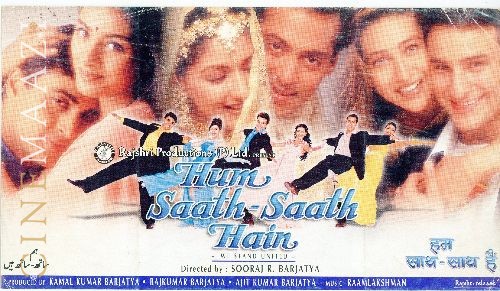
Hum Saath Saath Hain 1999
-
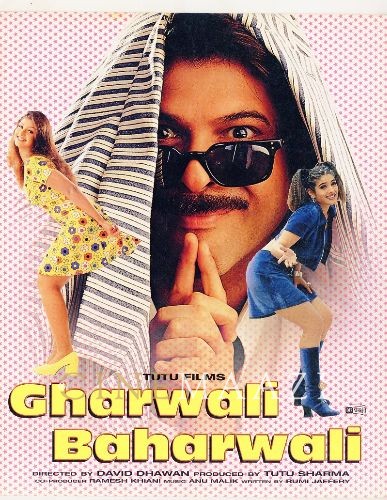
Gharwali Baharwali 1998
-
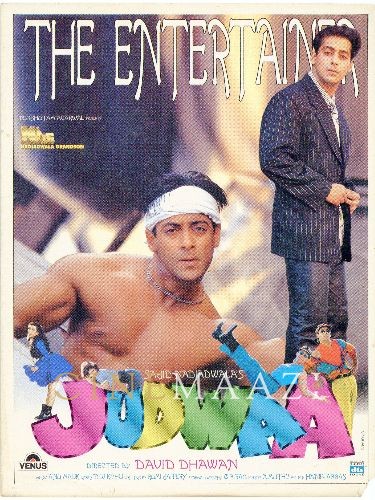
Judwaa 1997
-
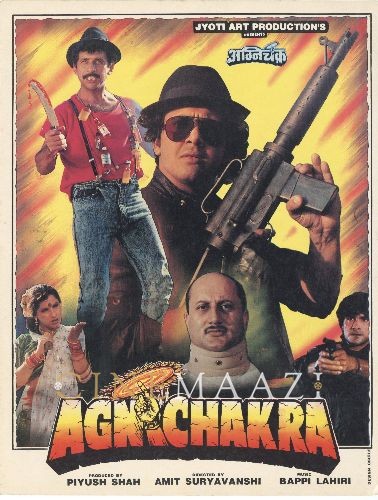
Agnichakra 1997
-
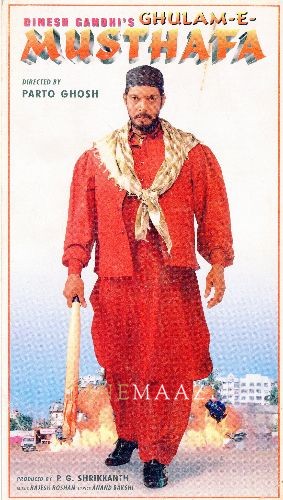
Ghulam-E-Musthafa 1997
-
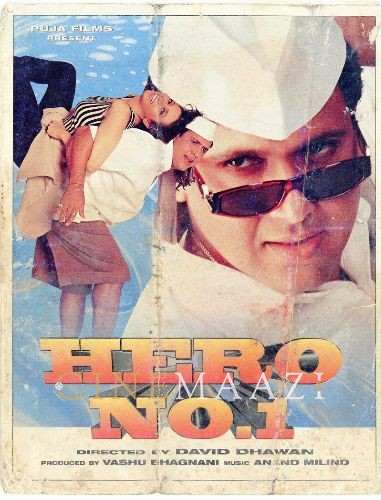
Hero No.1 1997
-




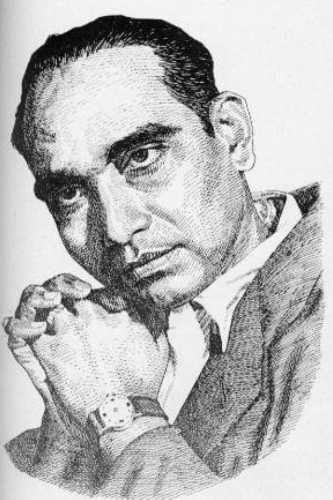
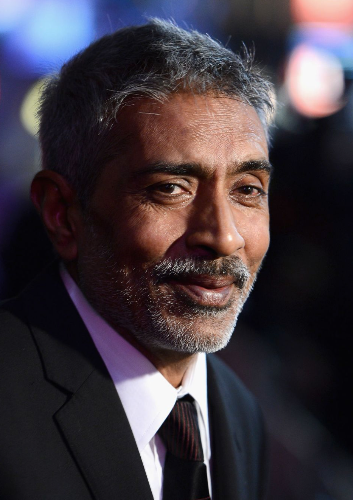

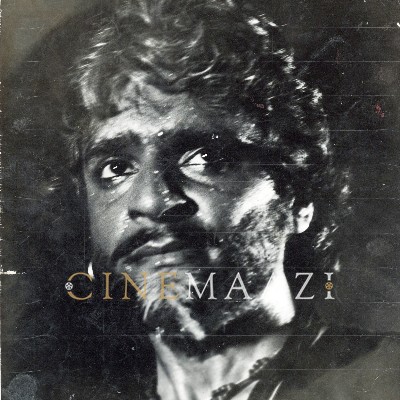


.jpg)



